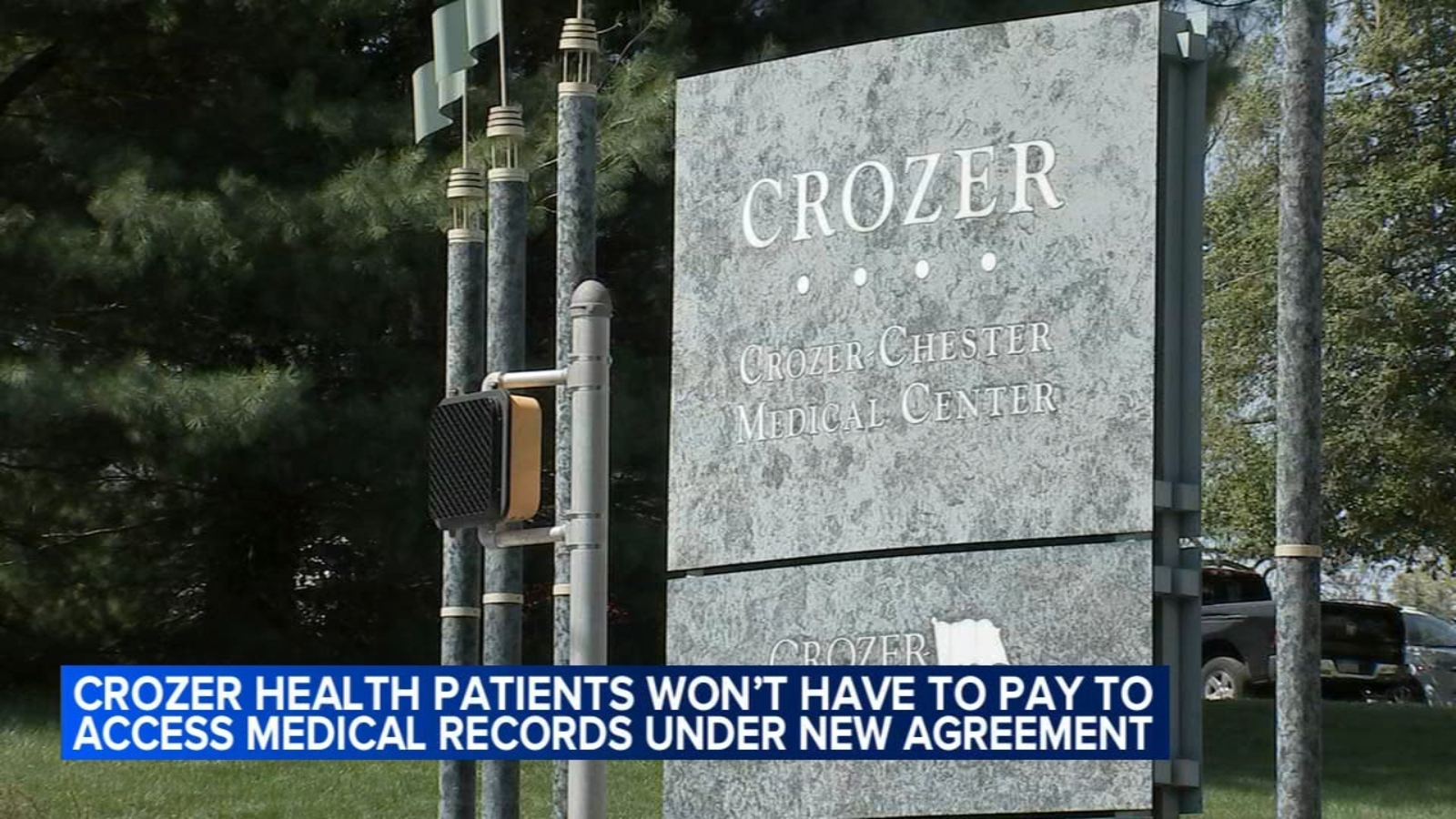Gaza's Healthcare System on the Brink: Hospitals Overwhelmed, Medicines Scarce, WHO Issues Urgent Warning

The situation in Gaza is rapidly deteriorating, with the healthcare system teetering on the brink of collapse, according to a stark warning from the World Health Organization (WHO). Hospitals are struggling to cope with an overwhelming influx of patients, while essential medicines and medical supplies are dwindling, sparking fears of a public health disaster.
Hospitals Beyond Capacity: Gaza's hospitals are operating far beyond their intended capacity, struggling to treat the injured and sick amidst the ongoing conflict. Doctors and nurses are working tirelessly under immense pressure, facing shortages of beds, equipment, and staff. The sheer number of casualties, combined with the inability to safely transport patients, is exacerbating the crisis.
Medicines Running Out: A critical shortage of life-saving medications is a major concern. The WHO reports that some essential medicines are completely out of stock, leaving patients without access to vital treatments. This includes antibiotics, pain relievers, and medications for chronic diseases, putting countless lives at risk. The disruption to supply chains and the ongoing conflict have severely hampered the delivery of medical aid.
Rising Malnutrition and Disease: The humanitarian crisis is also leading to a surge in malnutrition and disease. Reduced access to clean water and sanitation, coupled with food shortages, is weakening the population's immune systems, making them more vulnerable to illness. Cases of infectious diseases are on the rise, further straining the already stretched healthcare system. Sadly, deaths attributed to malnutrition and preventable diseases are increasing, particularly among children and the elderly.
WHO's Plea for Action: The WHO is urgently calling for increased humanitarian aid and access to Gaza to alleviate the suffering and prevent further loss of life. They emphasize the need for a ceasefire to allow for the safe delivery of medical supplies and personnel. International support is crucial to ensure that the healthcare system can continue to function and provide essential services to those in need.
The Bigger Picture: This crisis highlights the devastating impact of conflict on civilian populations and the fragility of healthcare systems in conflict zones. The situation in Gaza serves as a stark reminder of the importance of international humanitarian law and the need to protect healthcare workers and facilities during armed conflict. The long-term consequences of this crisis on the health and well-being of the Gazan people will be profound and require sustained efforts to rebuild and recover.
What Can Be Done? Beyond immediate aid, long-term solutions are needed to strengthen Gaza's healthcare infrastructure and ensure its resilience in the face of future crises. This includes investing in training healthcare professionals, improving access to essential medicines, and developing sustainable water and sanitation systems.






